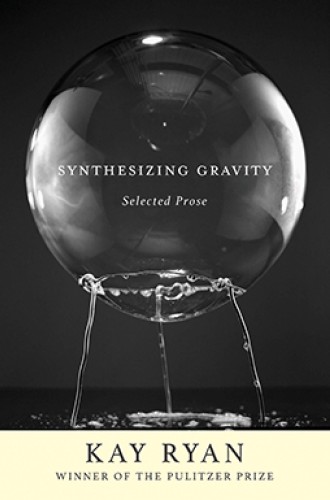The weird beauty of Kay Ryan’s prose
The former poet laureate’s quirky faith is a spirituality for prankish oddballs.
Synthesizing Gravity is the first collection of essays by former US poet laureate Kay Ryan. The volume includes several book reviews, a mini-ethnography of the largest American writer’s conference, and close readings of poems by Emily Dickinson, Gerard Manley Hopkins, Philip Larkin, and others.
“Kay Ryan is not religious,” reports Christian Wiman in his introduction to the book. To put it this way, though, is to obscure the quirky faith that Ryan’s essays recommend.
Like many Anglophone poets since Matthew Arnold, Ryan cannot talk about poetry without making it sound like church. For her, the poems of Stevie Smith tell the truth “in Sunday-school felt-board figures.” After reading a poem by William Bronk, Ryan says, “you’re shriven; your head is shaved.” She describes the sestina—a poetic form she does not herself use—as “penitential” and “spiritual,” “ecstatic” and consoling, “mystical” in its stringency. Notebooks and diaries “are the devil’s bible,” she insists, because trying to remember everything is the opposite of writing a poem, of trying “to make something new.”






